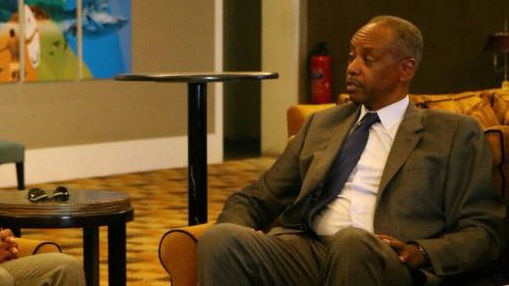Little sign of progress in UN bid to resuscitate Maldives talks
Tamrat Samuel, the United Nation’s special envoy to the Maldives, left Malé on Friday with little apparent sign of progress in resuscitating all-party talks.

30 Apr 2016, 09:00
Tamrat Samuel, the United Nation’s special envoy to the Maldives, left Malé on Friday with little apparent sign of progress in resuscitating all-party talks.
Samuel, a senior advisor to the UN department of political affairs, arrived in the Maldives on April 16 to lay the groundwork for political party dialogue, which remains at a stalemate with the government and opposition at loggerheads over the release of political prisoners.
Major differences still remain on a way forward, Samuel said. He was, however, encouraged by the desire for talks by all sides, the UN said in a statement on Friday.
Samuel’s two-week visit comes amidst continuing pressure on the government to convene all-party talks and release political prisoners, including former President Mohamed Nasheed.
Become a member
Get full access to our archive and personalise your experience.
Already a member?
Discussion
No comments yet. Be the first to share your thoughts!
No comments yet. Be the first to join the conversation!
Join the Conversation
Sign in to share your thoughts under an alias and take part in the discussion. Independent journalism thrives on open, respectful debate — your voice matters.




